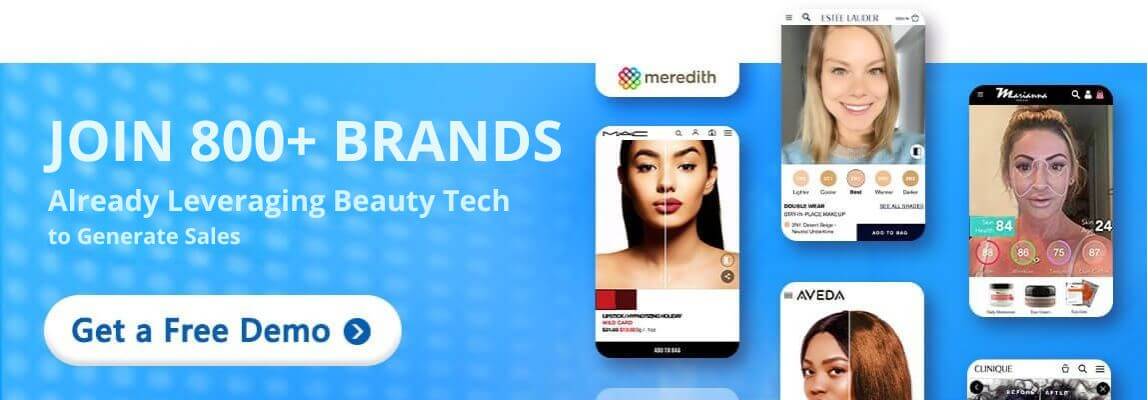At the recent Global Beauty & Fashion AI Forum, industry leaders came together to discuss the potential for AI technology in driving hyper-personalization for beauty brands, enhancing the consumer experience.
This session, Beauty’s AI Renaissance: Personalization, Technology, and the Future of Brands, brought together Chris Payne, CEO of Jane Iredale, and Elana Drell-Szyfer, Industry Executive, in a conversation moderated by Jill Manoff, Editor-in-Chief of Glossy.
| Table of Contents |
|---|
AI Creates Consumer Expectations for Personalization
As AI is becoming more prominent in the beauty space, it has raised consumer values to expecting brands to deliver personalization and better service. Elana Drell-Szyfer explained, “A differentiator from a prestige perspective needs to be personalization and service. You need to justify price if you will to some extent and elevate service for your customer.” Brands now need to deliver experiences that feel unique, thoughtful, and deliver the needs of each individual customer.
Expanding Consumer Engagement Through AI
AI technologies like virtual try-on have also increased consumer engagement and evolved ways that consumers can engage with online sites. Chris Payne shared how Jane Iredale, the “skincare makeup” brand, has leveraged Perfect Corp.’s Virtual Try-On (VTO) and Shade Finder technology to achieve significant results:
- 150% increase in time spent on site
- Conversion rates more than doubled
- On average, each customer tries 15 shades per session with VTO
Payne noted that beauty advisors are using VTO tools to enhance consultations, blending personal advice with digital analytics. Drell-Szyfer added that AI enables advisors to provide more in-depth diagnostic recommendations at the point of sale.
Read more about Jane Iredale’s VTO results here:
Opportunities and Challenges with AI
While AI can create many opportunities, from enhancing creatives to creating prep work for photoshoots, Drell-Szyfer pointed out a key challenge: education and implementation across large enterprises. Adopting AI requires training and new tools within organizations.
On the other hand, Payne highlighted that predictive technology is reshaping marketing and media planning, allowing brands to deploy content like never before. “It’s not about replacing, it’s about augmenting and improving efficiency across the board,” he said.
Looking Ahead: The Next 5-10 Years of AI in Beauty
The next decade of AI in beauty will focus on innovation, creativity and prediction. Drell-Szyfer anticipates a future where predictive AI plays a role in product development, helping brands innovate based on consumer preferences. Payne also emphasized the importance of enhancing AR experiences, noting the gap between consumer confidence and their ability to replicate looks in real life.
“AI is a tool. AI can make your business more profitable. It can help it grow, it can help it be more efficient business. But you can’t lose sight of the end goal,” Payne reminded the audience.
Conclusion: The Future of Beauty AI Technology
As AI continues to advance, its role in beauty will only grow to supplement human expertise, drive efficiency, and enable hyper-personalized recommendations.
The Beauty AI’s Renaissance panel made one thing clear: AI isn’t replacing beauty professionals or changing brand identities—it’s helping support them by delivering richer, data-driven consumer insights.
To view the full panel conversation with Jilly Manoff, Chris Payne and Elana Drell-Szyfer, click here: https://www.perfectcorp.com/business/global-beauty-tech-forum/detail/219



 Author:
Author: 






